In April 1864, the US Senate passed a bill that set in motion what would become the Thirteenth Amendment to the Constitution. Slavery was to be abolished.
Seven months later, Union forces would burn Atlanta to the ground, a year after Lincoln’s address at Gettysburg marked the battle that began the South’s collapse and the April 1865 surrender of General Robert E. Lee and his Confederate army.
The Civil War remains the bloodiest and most divisive conflict in American history with at least a million dead, including soldiers and civilians from both sides.
You might think that given American history, if slavery had an in-your-face visibility anywhere on the planet, Congress would call for intervention by the UN, perhaps threaten to send in the Marines.
Think again. Welcome to Mauritania, one of America’s staunchest allies in the war on terror and the world’s most enslaved nation. This former French colony in West Africa is about the size of Texas and Arizona combined, with a population of just 4.5 million and racial divisions visible in almost every aspect of life.
In the 1300s, Arabs colonized the region, enslaving the indigenous black tribes who are still the ethnic majority. But according to a report last year by the UN Special Rapporteur on Slavery, they are “largely absent from government in the provinces [and] in the capital, Nouakchott.”
Sunni Islam is the official religion, and converting to another faith carries the death penalty. As does homosexuality. In 1981, Mauritania became the last country in the world to abolish slavery, yet human rights groups say up to one in five of the population work in a state of coercion, either dependent on their employers for housing, food and even water or in outright hereditary chattel slavery.
In recent years, the government in Nouakchott has criminalized the practice, and there have been a number of prosecutions, but penalties rarely exceed a fine and a year or two in prison. The UN report notes that most victims are from rural areas where slavery is more prevalent; they cannot afford the cost of attending court in a nearby town or in the capital. While legal aid is technically available, it is rarely forthcoming.
Despite its lack of religious freedom, Mauritania has been a stalwart in the war on terror and an ally of NATO; this worked in its favor until 2018 when President Donald Trump withdrew the country’s preferential trade status with the US, declaring that “Mauritania has made insufficient progress toward combating forced labor, in particular the scourge of hereditary slavery.”
In October, President Biden reversed that decision, citing “substantial and measurable” progress in the country. From independence in 1960, dictatorships, coups and questionable elections continued, until in 2019 five presidential candidates stood for election and former army general Mohamed Ould Ghazouani won what observers agreed was a free contest. Ghazouani has promised reform across all areas of society, and groups such as Freedom House and Reporters Without Borders have given Mauritania improved ratings since he took office. His predecessor as president is now serving a five-year term for embezzlement.
Thomas N’Diaye is a Mauritanian activist living in Paris, where he has led a number of demonstrations calling for change at home. “There has been progress,” he says, “but not enough. People are afraid to speak out because after decades of oppression, many don’t know their rights. When the police beat them in custody or if they are tortured, it’s almost accepted as a normal part of life.”
N’Diaye says there is a need for political education and reform of the legal system. “There is a younger generation who are pushing for change but it is often just easier to leave the country. That’s why there is such an exodus of migrants who would rather live illegally somewhere else than put up with the restrictions at home.”
Powerful countries, he says, should make clear they will accept nothing less than democracy for Mauritania. “The US doesn’t want to upset a government that has been tough on Islamic radicals. France wants to maintain cohesion among its former colonies and African countries don’t like criticizing each other in public. And there you have the problem.”
In February, the president of the European Commission, Ursula von der Leyen, announced more than $40 million in funding for the Mauritanian army “in their effort to combat terrorism.”
Illegal migrants from elsewhere in Africa enter the country hoping to catch a boat to the Canary Islands, a Spanish territory just sixty-two miles off the coast of Morocco and part of the European Union. In January, almost 8,000 made the crossing, a tenfold increase from the same month in 2023 according to Spain’s interior ministry. The EU has announced half a billion dollars in aid to help President Ghazouani and his government stem the flow.
When migrants don’t have money for the voyage to the Canaries, human-traffickers rent them out locally as workers until they have earned enough to be smuggled — a new form of slavery.
In Mauritania, many of the lower caste, almost all descended from the indigenous dark-skinned tribes, remain illiterate or have limited schooling. When judges sentence slave owners, they take into account statements of “forgiveness” by the victims who typically live on land owned by the accused, have nowhere else to go and may be pressured to drop the charge or endorse a lesser punishment.
Some face a challenge in proving their identities when seeking justice or financial help from the government because their births were never registered. On paper, they don’t exist. President Ghazouani has established a special department to rectify this and his government has declared that slavery is incompatible with Islam.
In an effort to end discrimination, the state no longer collects data on race or ethnicity. Ironically, this has made it more difficult to establish how many of those from the castes most affected by slavery have been able to join the army, police or government service. However, most ministers, judges and members of the national assembly are visibly light-skinned.
For all the changes made to the law, in rural areas children born to parents in bondage are still viewed by owners as their property, the reason Donald Trump took Mauritania off the favored trading list — hereditary slavery continues. And those who escape to neighboring states or to France tell of beatings, intimidation, long periods of work with no time off and sexual abuse by their masters.
N’Diaye says that Washington has a special role to play in the push for democracy and an end to forced labor in Mauritania. “With its own history of slavery, the US should be leading on this issue. The fight for freedom still has a long way to go.”
This article was originally published in The Spectator’s May 2024 World edition.



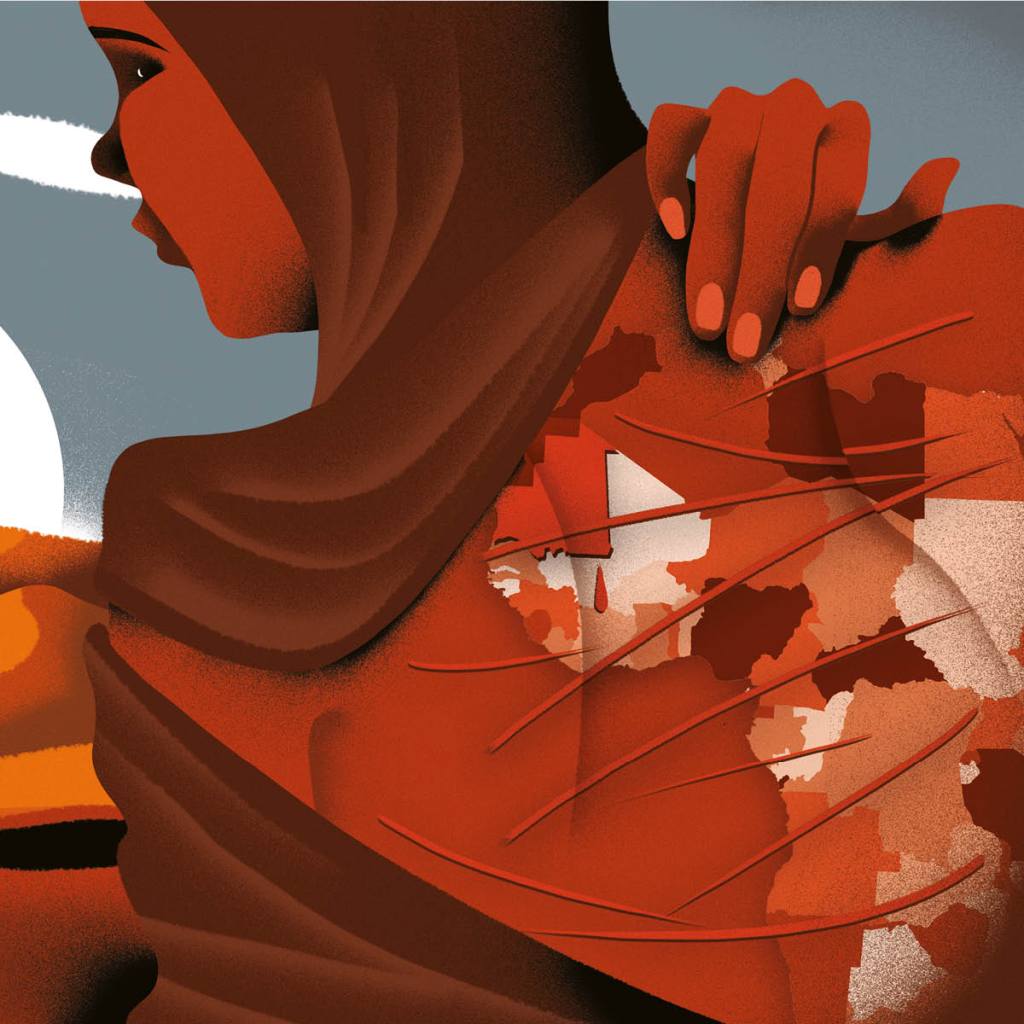






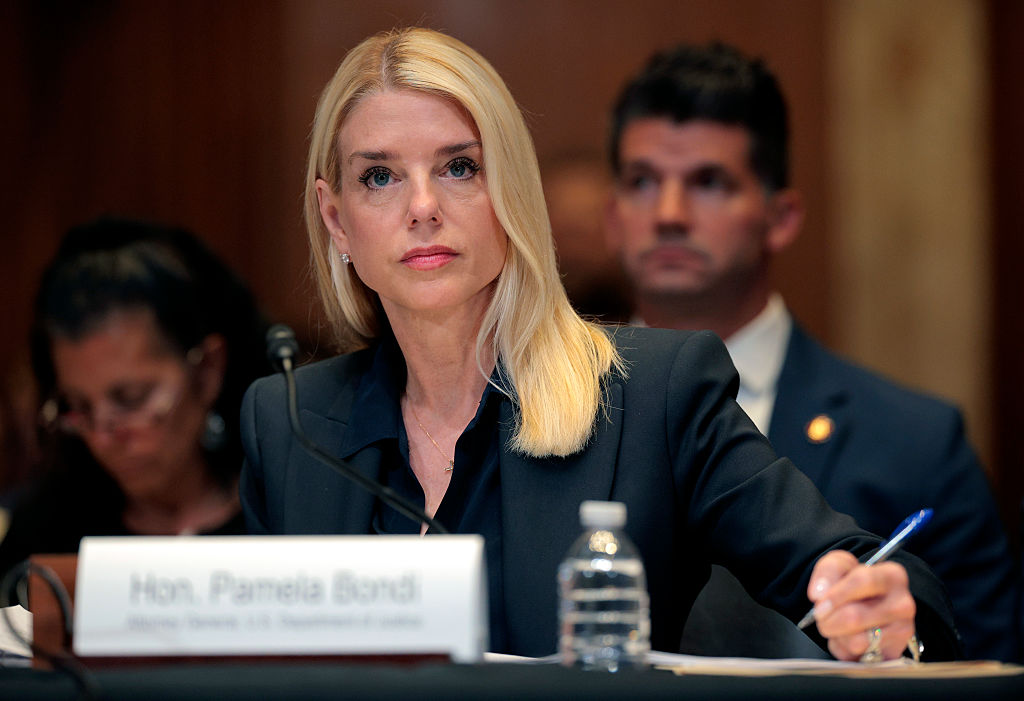
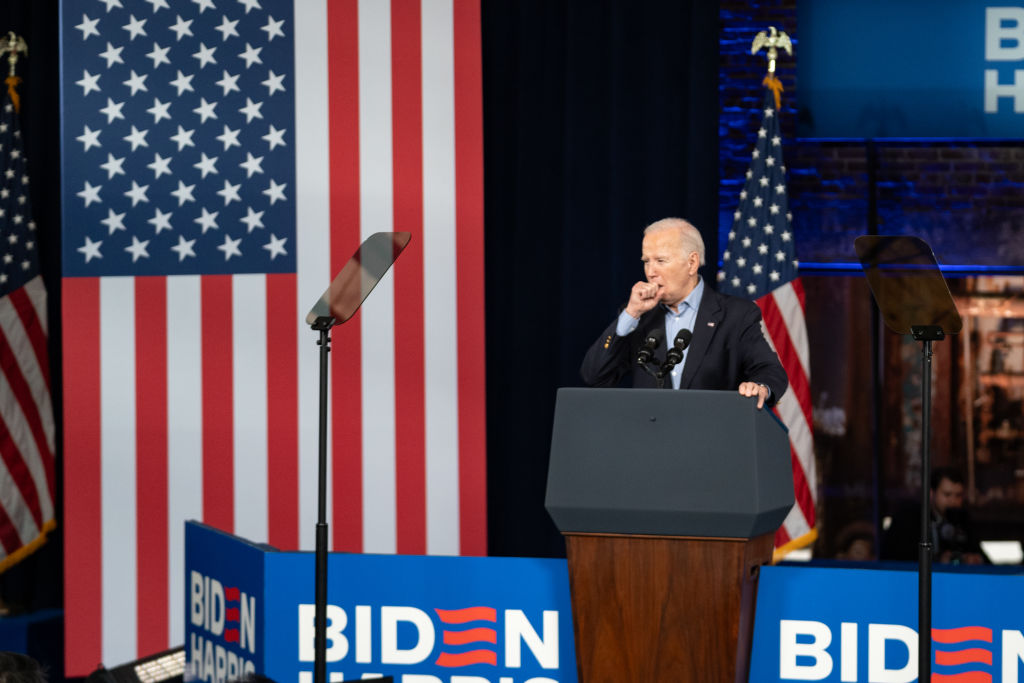

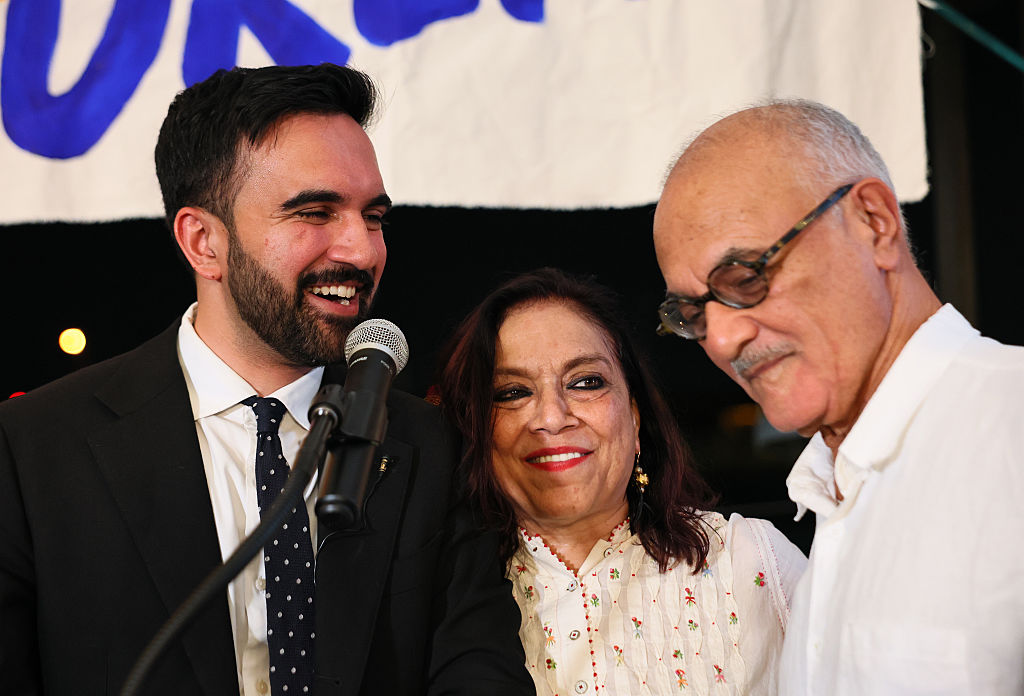

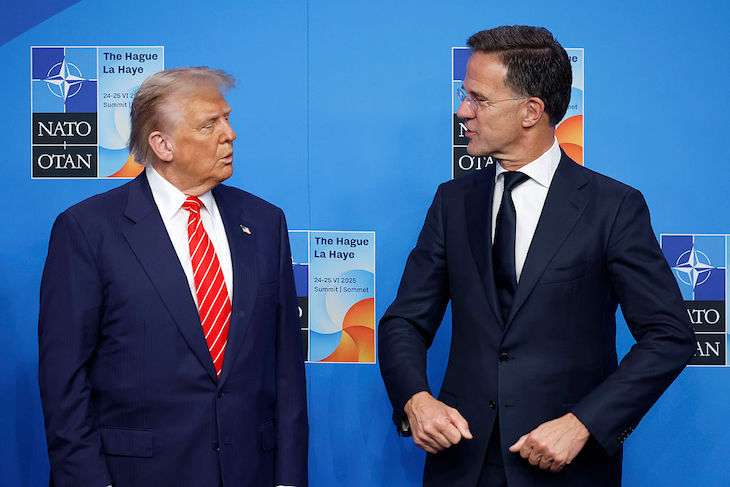







Leave a Reply